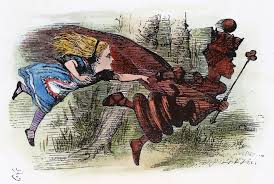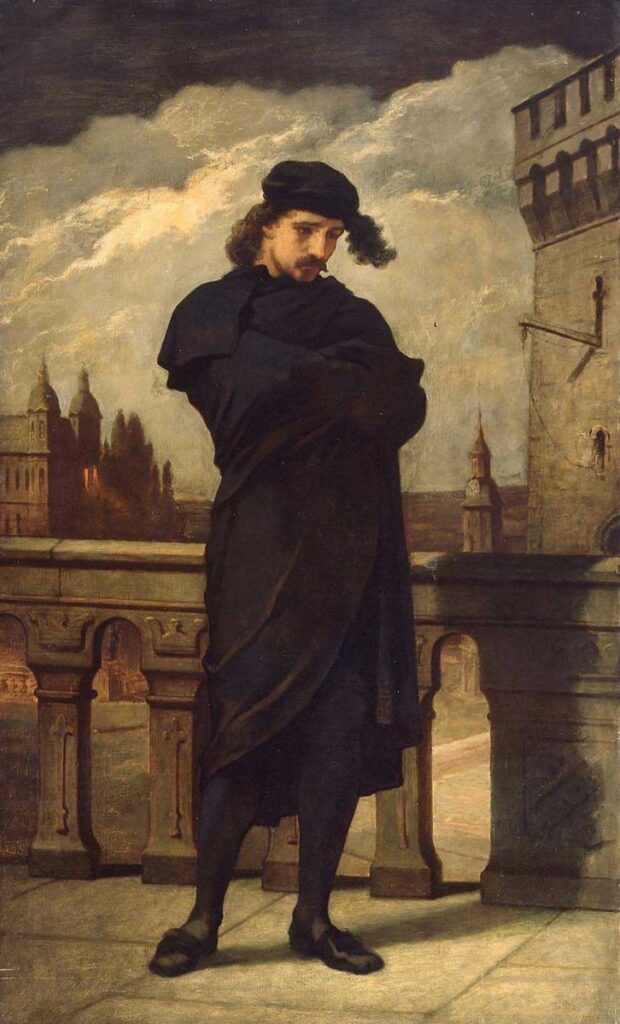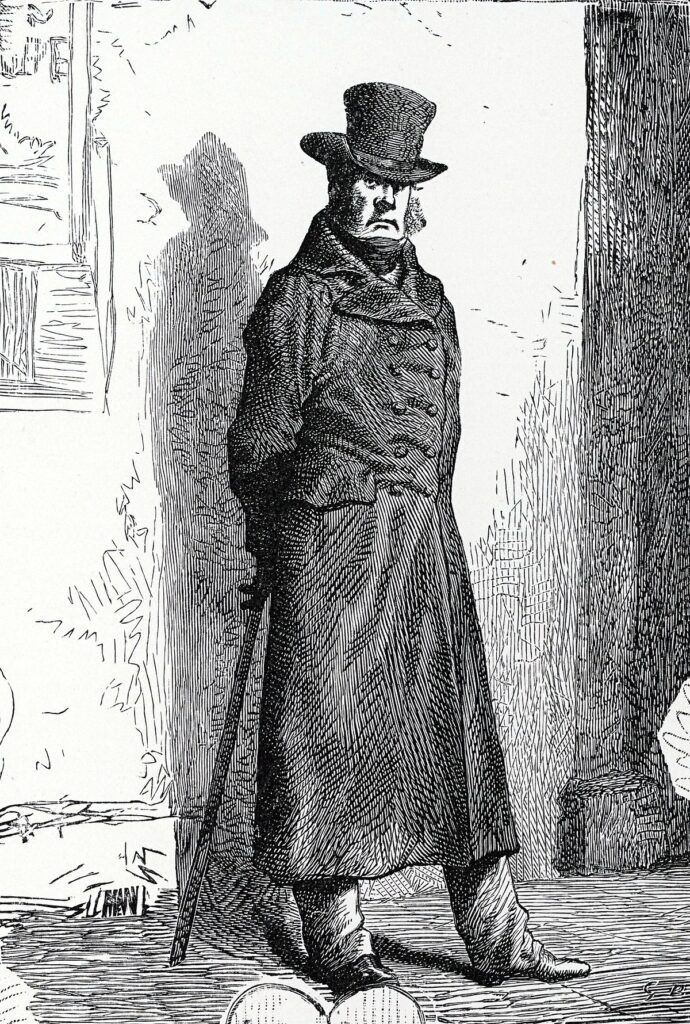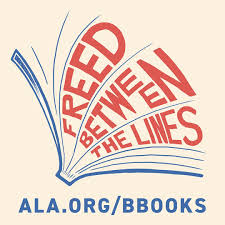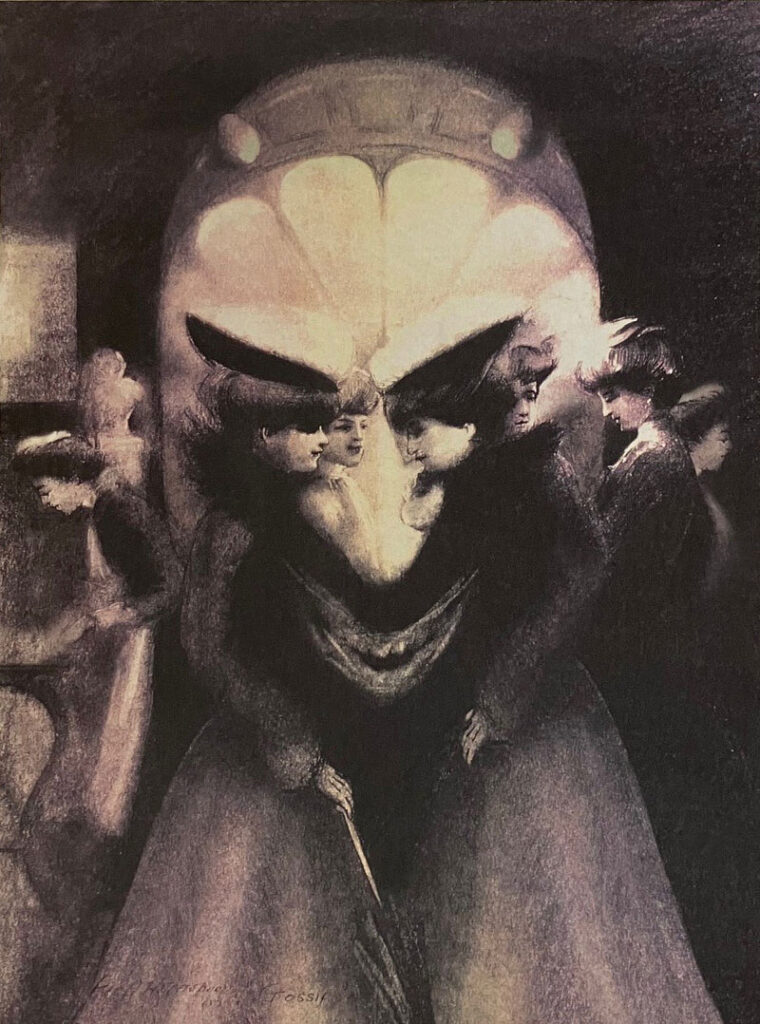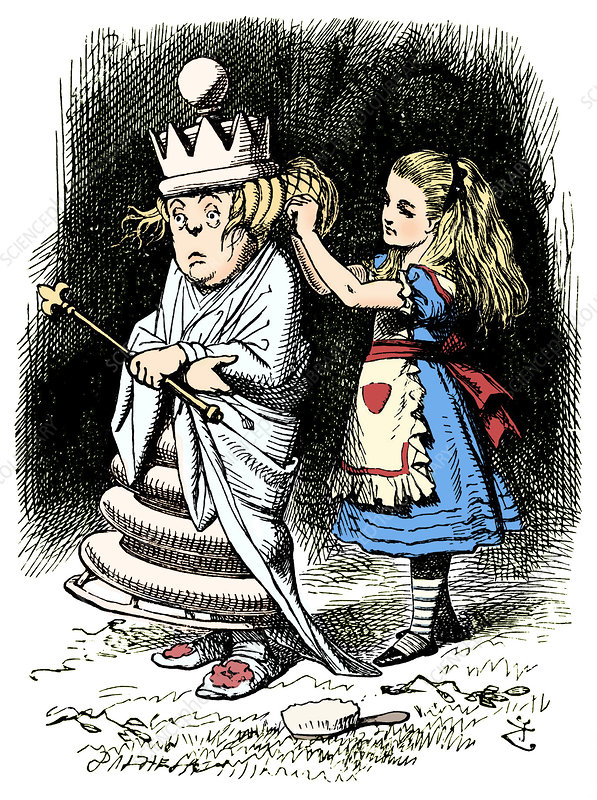Friday
So I’ve voted (!!). Yesterday I mailed my absentee ballot, which is necessary this year as I will be teaching at the University of Ljubljana in Slovenia when the election rolls around. My Slovenian friends are promising emotional support.
What did it feel like? I loved voting for Kamala Harris and Gloria Johnson (against Marsha Blackburn) but given that neither has a chance in hell—well, Harris has a chance nationally but not in Tennessee—I submitted my ballot with feelings of fatalistic resignation. While liberals in deep red states have little to cheer about, we vote to affirm our faith in democracy.
I am reminded of a line from a Swiss film I used to love (To Jonah, Who Will Be 25 in the Year 2000). A woman who has discovered Tantric Buddhism says to a political activist, “You’re a pessimist. You want your acts to have effects.” According to this logic, I would be an optimist. I don’t expect my ballot to have any effect but I vote religiously all the same.
In some ways, being in a state where most of the outcomes are pre-decided feels like being in Lewis Carroll’s Looking-Glass world, where you can walk and walk but still end up where you began. As she leaves the looking-glass house, Alice has her sights set on a hill but never manages to arrive:
So, resolutely turning her back upon the house, she set out once more down the path, determined to keep straight on till she got to the hill. For a few minutes all went on well, and she was just saying, “I really shall do it this time—” when the path gave a sudden twist and shook itself (as she described it afterwards), and the next moment she found herself actually walking in at the door.
Nor does it help to run, as she discovers a little later after meeting the Red Queen:
“Now! Now!” cried the Queen. “Faster! Faster!” And they went so fast that at last they seemed to skim through the air, hardly touching the ground with their feet, till suddenly, just as Alice was getting quite exhausted, they stopped, and she found herself sitting on the ground, breathless and giddy.
The Queen propped her up against a tree, and said kindly, “You may rest a little now.”
Alice looked round her in great surprise. “Why, I do believe we’ve been under this tree the whole time! Everything’s just as it was!”
Alice observes that “in our country, you’d generally get to somewhere else—if you ran very fast for a long time, as we’ve been doing.” According to my Swiss film quote, this means she expects her actions to have an effect, thereby revealing her to be a pessimist. The queen replies,
“A slow sort of country! Now, here, you see, it takes all the running you can do, to keep in the same place. If you want to get somewhere else, you must run at least twice as fast as that!”
I’m not sure that even running twice as fast would lead to Democratic victories in this state. In fact, rather than skimming through the air, politics for liberal Tennesseans feels more like pushing Sisyphus’s rock uphill. Incremental progress gets erased in a second as the state legislature, like an out-of-control boulder, crushes various constituencies (trans youth, children in schools, pregnant women, poor people and rural hospitals being denied ACA money). Each year the legislature gets crazier.
I suppose, however, we can draw the lesson that Albert Camus did from the myth. We must appreciate this opportunity to make our voices heard, to publicly affirm our values, even if doing so doesn’t ever lead to the outcome we want. “The struggle itself toward the heights is enough to fill a man’s heart,” Camus concludes, “One must imagine Sisyphus happy.”
Voting does in fact fill my heart. Existentialists like Camus and Jean Paul Sartre and Ernest Hemingway stressed the importance of a principled stand, even when all about us feels absurd, and that seems to apply here.
And perhaps our situation is not quite as hopeless as we fear. If Virginia and Georgia could vote for Joe Biden in 2020—and if Harris has a fighting chance in North Carolina and Florida and maybe even Texas—then maybe the rest of the south will eventually follow.
The Red Queen assures us that running twice as fast may at least get us somewhere else.
Further thought: Speaking of running, the impressive young head of the North Carolina Democratic Party made a Moby Dick reference in talking about Harris’s prospects in her state.
Although a pre-debate Quinnipiac poll found Harris leading Trump by three points among likely North Carolina voters, Anderson Clayton, the twenty-six-year-old chair of the state Democratic Party, knows that many national Democrats see North Carolina as the “white whale,” as she put it.
Does she mean that people fear that chasing the white whale is a fool’s endeavor, one that the Democrats—like Captain Ahab—embrace at their peril. After all, although Ahab comes close to achieving his goal, he ends up a few votes short (which is to say, he dies in the attempt). Will precious resources be wasted if they are spent in North Carolina rather than in must-win Pennsylvania?
Clayton has the Red Queen’s faith in intense running, however. Leaning on the Harris campaign to schedule a visit to rural North Carolina counties, where she is convinced the vice-president could make an impact, she says, “People get excited when they see her. People are ready to run through a brick wall.”
And if Donald Trump is like Carroll’s Humpty Dumpty sitting atop that wall, perhaps no one will be able to put him together ever again should the wall collapse. Humpty Dumpty, incidentally, shares with Trump the belief that he can create an alternative reality. Or as he puts it, “”When I use a word, it means just what I choose it to mean—neither more nor less.”
